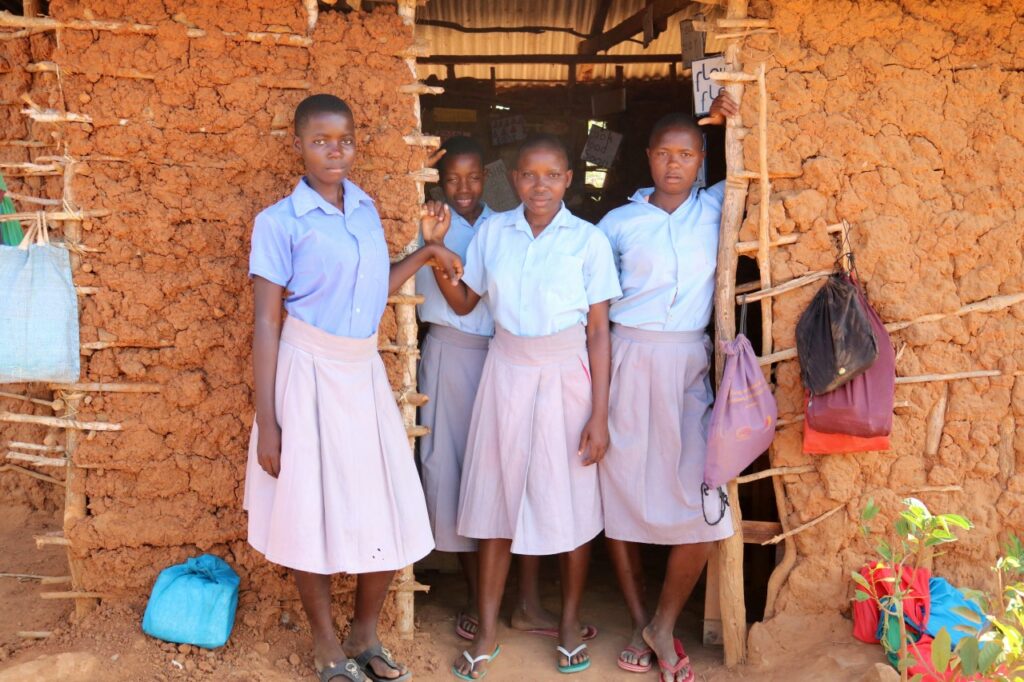15-year-old Halima has witnessed sexual exploitation and abuse rise during the drought in Kenya. Her life is also being impacted.
Last month, the Kenyan government declared the current drought affecting parts of the country as a national disaster, with Kilifi county named as one of the worst affected communities. The lack of pasture has killed thousands of livestock and left an estimated 2.1 million Kenyans grappling with hunger and water scarcity, an issue which usually disproportionately affects girls and women.
“I can only wash once a week because there is no water in my area. As a girl this is affecting my health and hygiene,” says 15-year-old Halima who lives in a rural village in Kilifi with her father who brews traditional liquor for a living and her mother who is a housewife.
Growing up, Halima has seen it all, from domestic violence to poverty but says this year has been the hardest of them all. “Many families have separated during this time. Parents have been forced to stay away from each other because of lack of food and water. They see each other as burdens and start to blame one another for their misfortunes.”
The crisis in Kenya has been compounded by COVID-19 and previous poor rains over the last few years. The National Drought Management Authority (NDMA) has predicted the situation will get worse by the end of the year, as October to December rains are also expected to be below normal levels.
For women struggling to cope with the drought, many are resorting to extreme survival tactics such as eating less. Some are being sexually exploited, being offered sanitary pads, food and clean water by men in exchange for sexual acts.
“This year has been the toughest year ever for girls,” Halima explains.
Girls as young as 11 or 12 years are being exploited by older men. Predatory boda boda riders prey on vulnerable young girls, offering them money to abuse them sexually. Teenage girls are particularly at risk, as they lack the knowledge to protect themselves, often ending up pregnant or catching diseases.
“Girls are staying away from school to look for money to feed their families. Some parents are using their girls to look for food and clean water. A good number of girls have dropped out of school and while others are in school physically, mentally they are at home. This disaster is causing them to perform poorly in their studies,” explains the headteacher of Halima’s school.

Plan International is responding to the crisis in five of the worst affected counties. We are distributing food parcels to those most in need and supporting school feeding programmes so that children can have at least one nutritious meal at school each day and be encouraged to stay in school, where they are safe and can continue their education.
Despite the many challenges facing girls at this time, Halima is optimistic about her future. “When I finish school, I would like to become a doctor so that I can help my community and treat people with diseases,” she says.